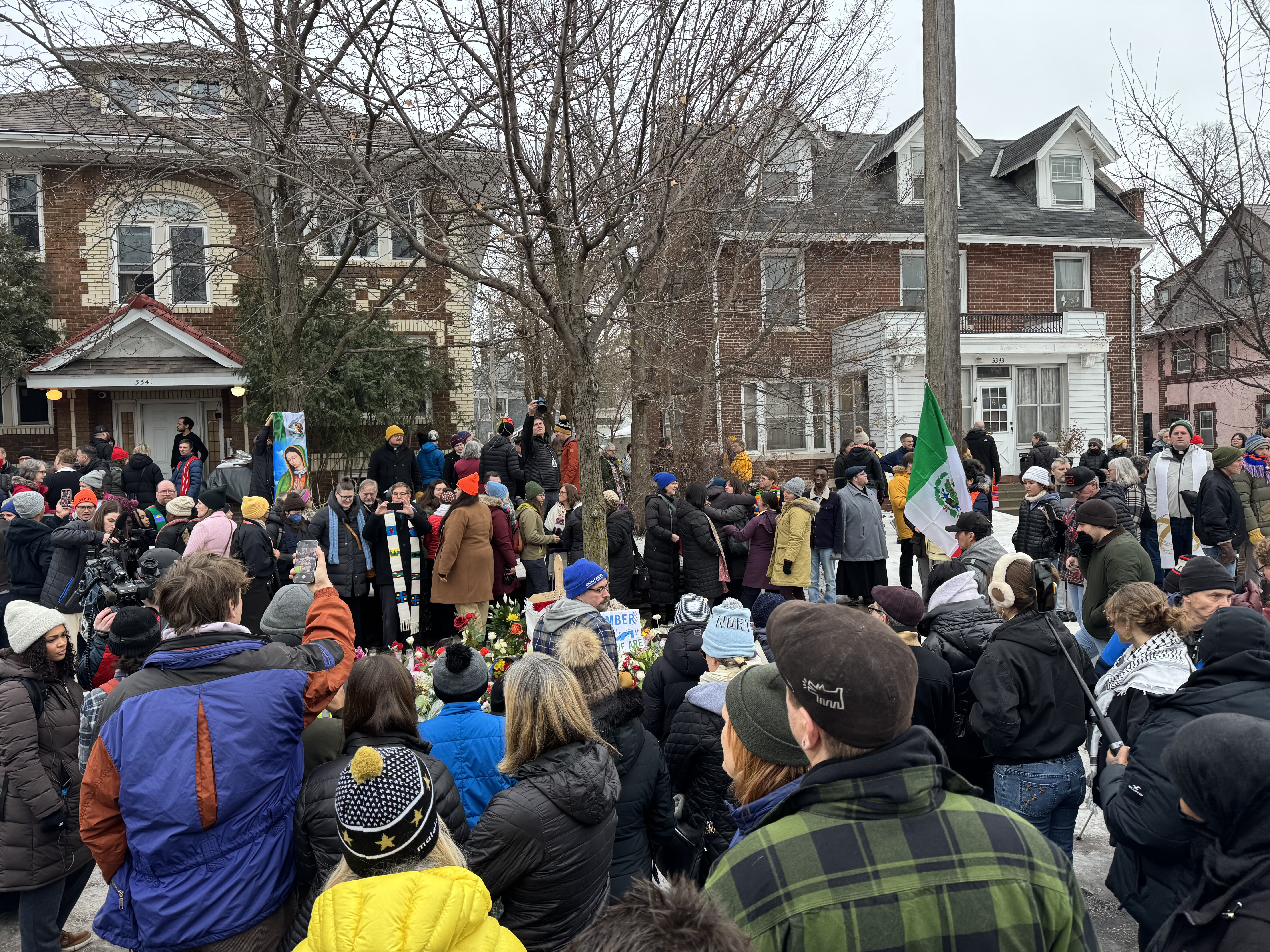What's Love Got to do With It

This old Tina Turner song asks the question; “What’s love got to do with it?” The lyrics go on to say that “love is a second hand emotion” and “who needs a heart when a heart can be broken”. Too often we think in these terms and see others through this perception of love.
In his book, Essential Teachings on Love, Father Richard Rohr expresses it in these terms. "Love is who you are. When you don't live according to love, you are outside of being. You're not being real. When you love, you are acting according to your deepest being, your deepest truth. You are operating according to your dignity." Human dignity is the right of a person to be valued and respected for their own sake, and to be treated morally and ethically.
In 1 Corinthians 13:13 we hear these words; “Behold, there are only three things that will last: faith, hope, and love; and the greatest of these is love”. The church often teaches about the three different types of love as “filial” or brotherly love, “eros” as erotic or romantic love and lastly “Agape” which is much more abstract than the other two. Agape is sometimes referred to as universal love, charity, or even altruism. We as Christians might express this as “our love through Christ”. It is a love grounded in God that allows us to honestly desire and seek the other’s spiritual growth. This faith, this love, this Holy Mystery—of which we are only a small part—can only be awakened and absorbed by the silent gaze of prayer.
Essentially, it’s the love deep inside us that we allow expression of by freely giving it to others—regardless of our relationship to them. The whole idea of agape love is that we don’t need to even have met the other person before, but we still want to help them, cooperate with them, or do good deeds towards them. While we may not expect anything in return for our selfless acts of love or good deeds, studies show that they can actually benefit us by negating the effects of stress and having an overall positive affect on our mental and physical health.
When we live out of this truth of love, instead of the lie and human emotion of fear, we will at last begin to truly live. Love is always letting go of a fear. In the world of modern rationalizing, we have become very proficient at justifying our fears and avoiding simple love. The world will always teach us fear. Jesus will always command us to love and when we seek the spiritual good of another, we at last forget our fears and ourselves.
Love alone is sufficient unto itself. It is its own end, its own merit and its own satisfaction. It seeks no cause beyond itself and needs no fruit outside of itself. Love really is our deepest identity and what we are created in and for. To love someone “in God” is to love them for their own sake and not for what they do for us. Only a transformed consciousness sees another person as an extension of our self, as one who is also loved by Christ, and not as an object separate from ourselves on which we generously bestow favors. If we have not yet loved or if love wears us out, is it partly because other people are seen as tasks, or commitments, or threats instead of as extensions of our own suffering and loneliness?
Those who contemplate who they are in God’s ecstatic love will be transformed as they look and listen and find and share. We come to know God by loving God and I think that it is fundamentally more important to know that we love God, than to know that God loves us, although the two movements are finally the same.
Please join us as we experience a metta prayer practice in Virtual Prayer Lab on February 14 at 10 m.
All are welcome to join us for this 30-minute session via Zoom. Join via computer or phone connection. The link for the meeting is available here. Contact Deacon Nina for specific information on joining the session or technical support.





Login To Leave Comment